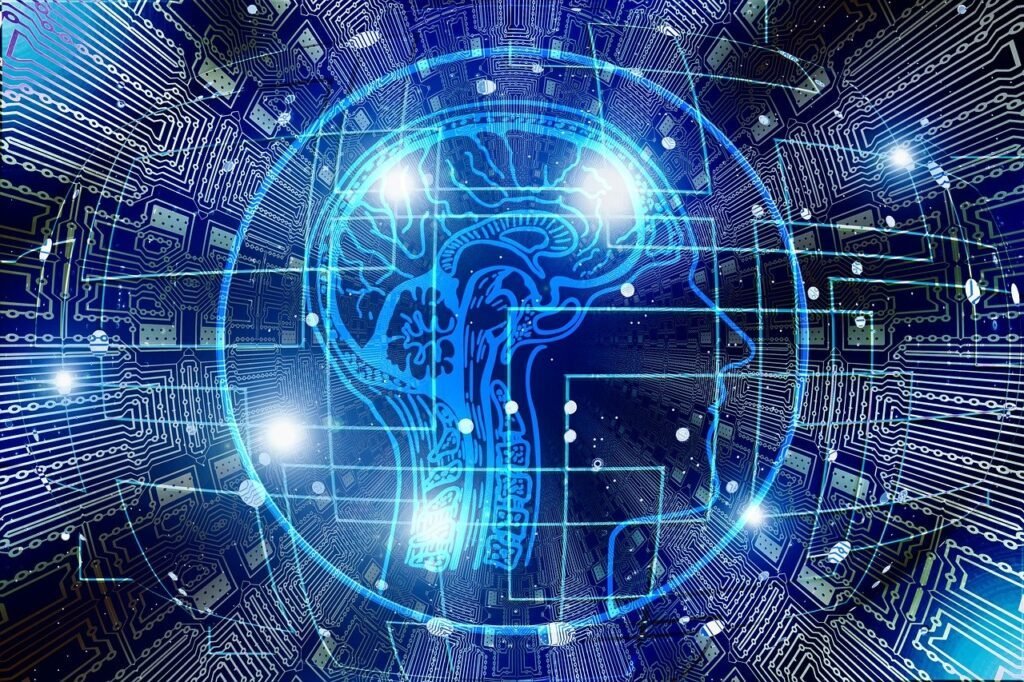Introduction
In this digital era, Artificial Intelligence (AI) has emerged as a revolutionary technology, transforming various aspects of our lives. From enhancing efficiency in industries to simplifying daily tasks, AI’s impact is profound and far-reaching. This article delves into the intricacies of AI, exploring its definition, applications, benefits, and potential challenges.
What is AI?
AI refers to the simulation of human intelligence processes by machines, especially computer systems. It encompasses various subfields, including machine learning, natural language processing, robotics, and expert systems. The goal of AI is to develop systems capable of performing tasks that typically require human intelligence.
Applications of AI
AI finds applications across diverse sectors, revolutionizing industries and enhancing productivity. Some notable applications include:
- Healthcare: AI assists in medical diagnosis, drug discovery, personalized treatment plans, and patient care management.
- Finance: In the finance sector, AI is utilized for fraud detection, algorithmic trading, risk assessment, and customer service automation.
- Automotive: AI powers autonomous vehicles, enhancing road safety, optimizing traffic flow, and improving transportation efficiency.
- Retail: Retailers leverage AI for demand forecasting, personalized marketing, recommendation systems, and inventory management.
- Education: AI facilitates personalized learning experiences, adaptive tutoring systems, grading automation, and educational content creation.
Benefits of AI
The adoption of AI offers numerous benefits, driving innovation and efficiency across various domains:
- Enhanced Efficiency: AI automates repetitive tasks, reducing errors and freeing up human resources to focus on more complex endeavors.
- Improved Decision Making: AI systems analyze vast amounts of data to provide insights and support data-driven decision-making processes.
- Personalization: AI enables personalized experiences for users, such as tailored recommendations, customized products, and services.
- Cost Reduction: By streamlining processes and optimizing resource utilization, AI helps organizations reduce costs and increase profitability.
Challenges and Considerations
Despite its transformative potential, AI also presents challenges and considerations:
- Ethical Concerns: Issues related to data privacy, algorithmic bias, and autonomous decision-making raise ethical dilemmas that require careful consideration.
- Job Displacement: The widespread adoption of AI may lead to job displacement in certain sectors, necessitating retraining and upskilling initiatives.
- Security Risks: AI systems are vulnerable to cyber threats and attacks, highlighting the importance of robust security measures and protocols.
- Regulatory Frameworks: The rapid advancement of AI necessitates the development of comprehensive regulatory frameworks to ensure ethical use and mitigate potential risks.
Future Outlook
The future of AI holds immense promise, with ongoing advancements poised to revolutionize various industries and redefine human-machine interactions. As AI technologies continue to evolve, collaboration between policymakers, industry stakeholders, and researchers will be crucial to harnessing its full potential while addressing associated challenges.
Conclusion
In conclusion, AI represents a transformative force with vast potential to reshape society and empower human endeavors. By understanding its applications, benefits, challenges, and future outlook, we can navigate the evolving landscape of AI with clarity and foresight.
Unique FAQs
1. What distinguishes AI from traditional computer programming?
AI enables machines to learn from data, adapt to new inputs, and perform tasks without explicit programming, whereas traditional programming relies on predefined rules and instructions.
2. How does AI contribute to personalized experiences in e-commerce?
AI algorithms analyze user behavior and preferences to offer personalized product recommendations, promotional offers, and tailored shopping experiences.
3. What role does AI play in addressing societal challenges?
AI contributes to addressing societal challenges by facilitating solutions in healthcare, agriculture, environmental conservation, disaster response, and humanitarian aid efforts.
4. Are there any limitations to AI’s capabilities?
While AI has made significant advancements, it still faces limitations in areas such as common-sense reasoning, understanding context, and achieving true human-like intelligence.
5. How can individuals prepare for the AI-driven future workforce?
Individuals can prepare for the AI-driven future by acquiring skills in data analysis, machine learning, critical thinking, problem-solving, and interdisciplinary collaboration.

